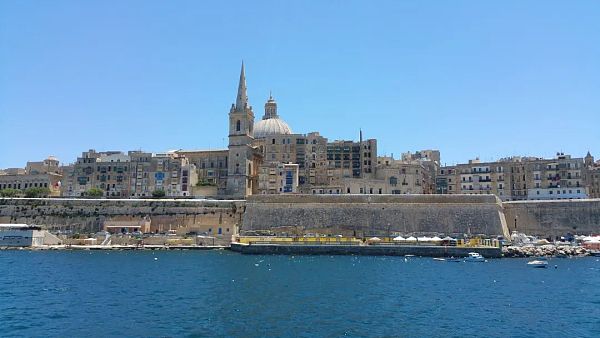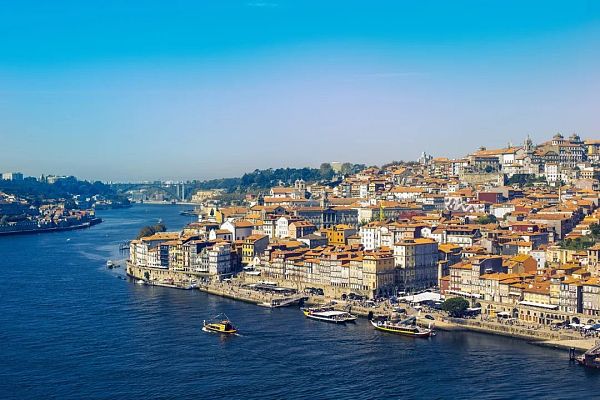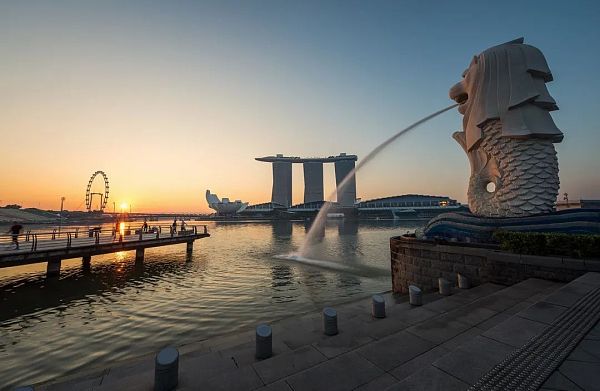What exactly is Web3?
Web3, the third generation of the Internet, is a decentralized network architecture built on blockchain technology.
It subverts the centralized information interaction model of Web 2.0 and gives users unprecedented data ownership, privacy protection and value creation capabilities.
Through innovative tools such as smart contracts, decentralized applications (dApps), cryptocurrencies and non-fungible tokens (NFTs), Web3 aims to achieve the free flow of information, direct exchange of value and autonomous governance of the community, thereby building a new era of a more transparent, fair and autonomous Internet.

Which countries are friendly to Web3?
Malta: "Blockchain Island" sets sail
Malta, the jewel in the Mediterranean, has earned the reputation of "Blockchain Island" for its forward-looking legislation and warm embrace of Web3.
As early as 2018, Malta passed a series of targeted regulations, such as the Virtual Financial Assets Act and the Innovative Technology Arrangements and Services Act, which provided clear operational guidance and legal protection for blockchain companies. In 2021, Malta also officially included blockchain technology and artificial intelligence technology in its business development prospect plan, and explicitly proposed to promote blockchain.
In addition, its low tax rate, stable financial system and English-speaking language environment have attracted many leading Web3 companies including Binance to settle in.
Malta's Web3 friendliness is reflected in:
1. Regulation first: Tailor the legal framework for the blockchain industry to eliminate compliance uncertainty.
2. Tax incentives: In its income tax law, neither cryptocurrencies nor equity tokens are capital assets and are not taxed at all.
3. International integration: As a member of the European Union, it paves the way for companies to enter the European market.

Portugal: Cryptocurrency hotspot on the Sunshine Coast
In Portugal, people can pay bills and taxes such as water, electricity and network fees directly with Bitcoin. The number of merchants in Portugal that accept Bitcoin payments is also increasing. In 2021, the Portuguese government passed a decree, clearly stating that it would create a technology free zone to promote technological innovation, which specifically mentioned that it would pilot and develop blockchain technology.
Sponsored Business Content
Portugal's Web3-friendly features are:
1. Tax incentives: Specific exemptions for cryptocurrency earnings to stimulate the enthusiasm of individuals and companies to participate.
2. Scientific research support: Encourage the development and application of blockchain technology, and promote the deep integration of industry, academia and research.
3. Quality of life: Cost-effective living costs and high-quality living environment attract digital nomads and entrepreneurs.

Singapore: Asia's Web3 Innovation Magnetic Field
Singapore, a global financial center, has become the preferred landing point for Web3 projects in Asia and even the world with its open innovation atmosphere, efficient regulatory mechanism and deep understanding of blockchain technology. The Monetary Authority of Singapore (MAS) encourages innovation and experimentation in the Web3 field through mechanisms such as regulatory sandboxes and innovative license exemptions, while ensuring that risks are controllable.
Singapore's Web3 friendliness is reflected in:
1. Inclusive supervision: Provide regulatory sandboxes to allow companies to test new products and services in a controlled environment.
2. Policy support: Be open to emerging fields such as DeFi and NFT to promote the healthy development of the industry.
3. Talent gathering: Attract global Web3 professionals and investment to form a strong ecosystem.

In addition to the above countries and regions, other countries include the United States, Thailand, South Korea, Israel, Germany, the United Kingdom, Estonia, Australia, Canada, etc.
Around the world, Web3-friendly countries are building blockchain infrastructure at an unprecedented speed, paving the way for innovators to the future Internet. So, do you also want to choose a country that is open to blockchain technology and provides a favorable policy environment?
 Anais
Anais












